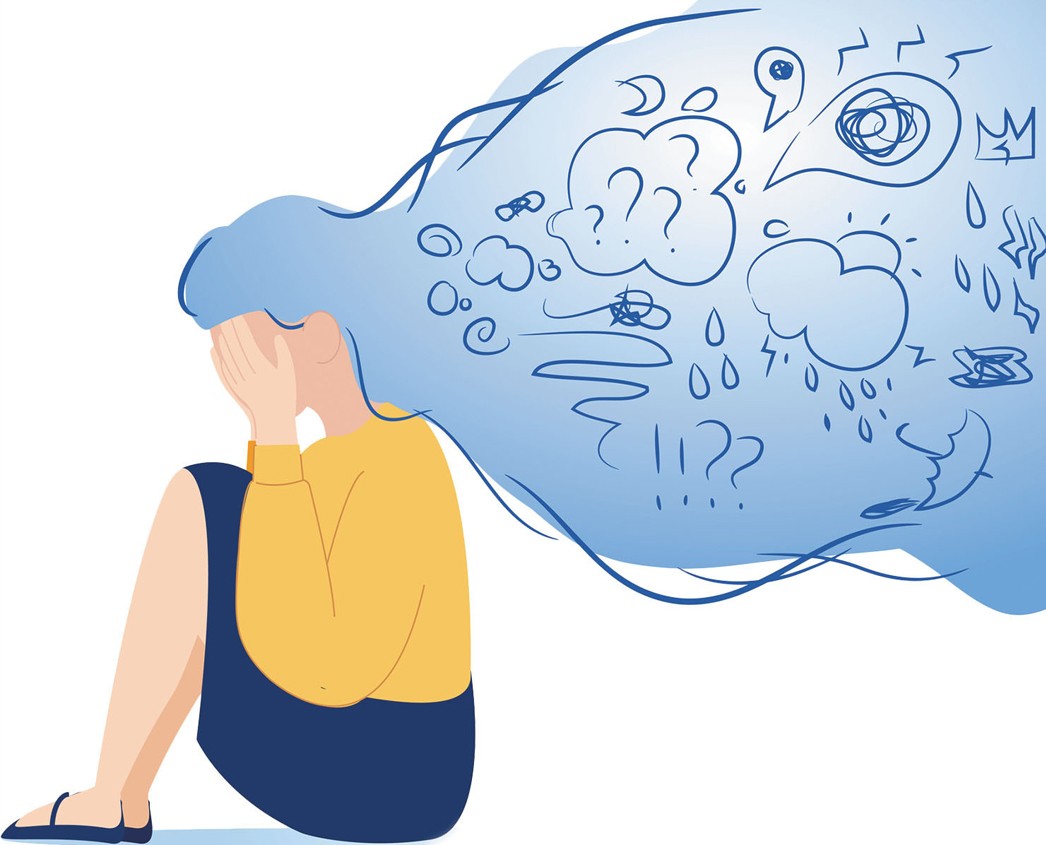Navigating Anxiety: Bridging Traditional Chinese Medicine and Conventional Approaches
Introduction:
Anxiety, a prevalent mental health concern, affects individuals on various levels. This article explores anxiety through the lenses of Traditional Chinese Medicine (TCM) and conventional medicine, providing insights into the causes, syndromes, and classifications. Additionally, we'll delve into natural health approaches and TCM solutions, including the use of herbs renowned for their potential benefits in managing anxiety.
Anxiety in Traditional Chinese Medicine (TCM):Causes in TCM:
In TCM, anxiety is often associated with imbalances in the body's vital energies, particularly disruptions in the flow of Qi. Common causes include:
- Heart and Spleen Disharmony: Emotional stress affecting the heart and spleen meridians.
- Liver Qi Stagnation: Accumulation of emotional tension, hindering the smooth flow of Qi.
Syndromes or Classifications in TCM:
- Heart and Spleen Deficiency Syndrome: Characterized by palpitations, insomnia, and digestive issues.
- Liver Qi Stagnation Syndrome: Manifests with irritability, mood swings, and muscle tension.
TCM Solutions:
- Acupuncture: Targets specific points to regulate Qi and harmonize the heart and spleen.
- Herbal Formulations: Customized blends may include herbs to nourish the heart and soothe liver Qi.
Herbal Remedies in TCM:
- Chai Hu (Bupleurum): Promotes the smooth flow of liver Qi, addressing emotional stagnation.
- Suan Zao Ren (Sour Jujube Seed): Calms the mind and helps alleviate insomnia.
Anxiety in Conventional Medicine:Causes in Conventional Medicine:
- Genetics: Family history of anxiety disorders.
- Brain Chemistry: Imbalances in neurotransmitters, such as serotonin and dopamine.
In Person With Heshoutang Natural Health Members
With Heshoutang Natural Health Online Members
Fill Out the Questionnaire by yourself
Syndromes or Classifications in Conventional Medicine:
- Generalized Anxiety Disorder (GAD): Persistent and excessive worry.
- Panic Disorder: Recurrent panic attacks accompanied by intense fear.
Conventional Solutions:
- Psychotherapy: Cognitive-behavioral therapy (CBT) and other therapeutic approaches.
- Medications: Antidepressants, anxiolytics, or beta-blockers to manage symptoms.
Holistic and Natural Approaches:Dietary and Lifestyle Recommendations:
- Balanced Diet: Incorporating omega-3 fatty acids and foods rich in B vitamins.
- Regular Exercise: Promotes the release of endorphins, improving mood.
TCM and Natural Health Synergy:
- Valerian Root: Herbal supplement with potential sedative effects, promoting relaxation.
- Lemon Balm (Melissa officinalis): Known for calming properties, aiding in stress reduction.
Herbal Tea Recipe:
Lemon Balm and Valerian Tea:
- Ingredients: Dried lemon balm leaves, valerian root, honey (optional).
- Preparation: Steep lemon balm and valerian root in hot water for 10 minutes. Strain, add honey if desired, and enjoy.
Conclusion:
Managing anxiety involves a comprehensive approach that integrates both TCM and conventional medicine perspectives. Natural health practices, dietary modifications, and herbal remedies offer complementary strategies for alleviating symptoms. Individuals experiencing persistent or severe anxiety should consult healthcare professionals from both TCM and conventional medicine to determine the most effective and personalized course of action for their well-being.
When you subscribe to the blog, we will send you an e-mail when there are new updates on the site so you wouldn't miss them.














Comments